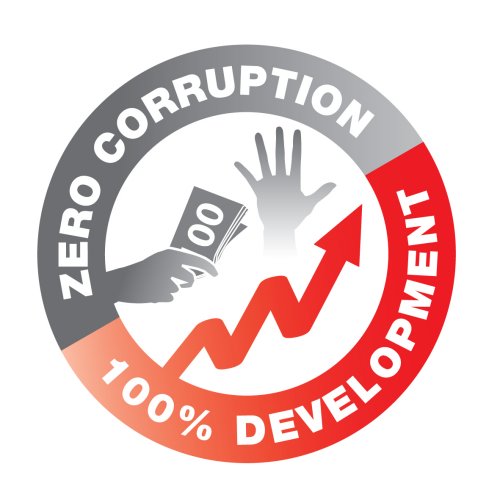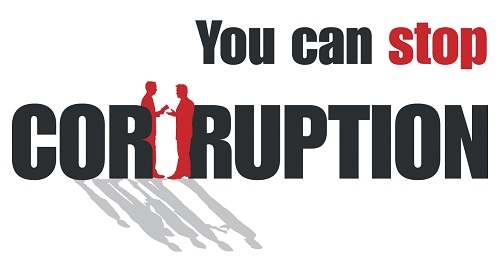Lao Anti Corruption Law To Meet International Standards
Laos has largely fulfilled its commitment in implementing the United Nations Convention against Corruption as regards incorporating the principles of the convention into its national laws, an evaluation released yesterday suggested .
The evaluation was released by the Government Inspection and Anti-corruption Authority (GIACA) at a meeting yesterday in Vientiane.
Experts from Luxemberg, Mongolia and the United Nations Office on Drugs and Crime (UNODC) had already reviewed the evaluation. It was conducted to assess Laos’ performance in implementing the convention to which Laos is among 169 member parties.
Parts III and IV of the convention were used to evaluate Laos’ performance in the areas of law enforcement, external cooperation and categorising corruption-related issues as criminal cases.
Of the total 170 bullet points under Parts III and IV, Laos fully translated up to 154 bullet points into its laws and regulations.
 |
|
Mr Bounpone Sangsomsak says corruption can cause the collapse of political regimes. |
Another 12 bullet points have been partially translated into Lao laws, while the remaining four were not translated into Lao laws.
Lao action- the formulation of laws, regulations and enforcement of the laws has been used for the evaluation.
Statistics from more than 480 corruption cases recorded since 2006 have been used for the evaluation, according to GIACA’s External Relations Department Director General Mr Xaykham Ounmixay.
The cases involved officials accepting bribes, embezzling state assets, abusing power for personal gain and producing fake documents, among other offences.
The evaluation suggested that Laos has 14 good points in combating corruption, while 15 shortcomings remain in existence and require the attention of authorities.
The good points included the fact that Laos signed and ratified the convention, which came into force on October 25, 2009.
In addition, laws and regulations necessary to combat corruption have been amended, formulated and are on the agenda to be drawn up, according to the evaluation.
Seven core an ti-corruption bodies have been formed, including the GIACA, People’s Supreme Court and People’s Supreme Prosecutor.
In addition, Laos has signed bilateral and multilateral conventions for cooperation in this regard.
However, the shortcomings are mainly related to the absence of some particular laws including laws that protect witnesses and information providers.
In addition, the contents in some laws used to combat corruption including the contents in Criminal Law and Anti-corruption Law are not aligned, while the contents in some other laws are not comprehensive.
Presided over the meeting, Deputy Chairman of GIACA Mr Bounpone Sangsomsak stressed the important need to combat corruption.
He described corruption as ‘a threat,’ which he said in serious cases can cause the collapse of a political regime.
Laos signed the convention in December 2003 and ratified it in September 2009.
Source: Vientiane Times




